On the face of things, China entering the Korean War in 1950 was a strange move from the Communist nation.
Mao Zedong had just overseen a brutal and blood-drenched civil war in China, and many of his soldiers had been away from home for years. A large number of the fighters were also in the middle of being demobilized, making it even stranger that they would then be asked to head back to the battlefield. Plus, action in Korea meant taking on the might of the U.S., who just a few years previously had levelled Nagisaki and Hiroshima with nuclear weapons, and were without a doubt the richest country on Earth with the most advanced military.
However, there were plenty of great reasons as to why Mao wouldn’t have wanted North Korea to fall, hence China’s support for the small Communist nation. If you want a quick history lesson on why China entered the Korean War, then read ahead!
The geopolitical realities of China’s border
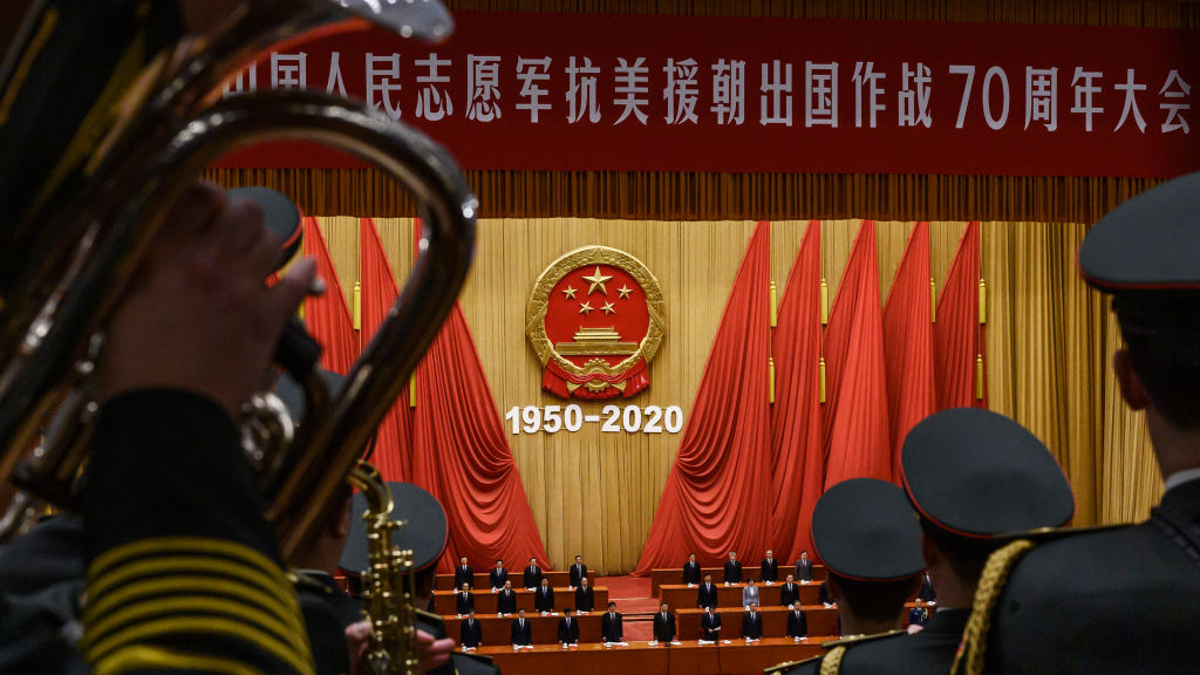
China is a massive, diverse country, which means a very long border that needs to be secured. While much of the country is surrounded by mountains and other inhospitable terrain, there are many locations that improvements in technology have turned from difficult places to mount an invasion from into much easier places to launch an attack from.
This is one of the reasons the Chinese are so intent on keeping Tibet as their own: Tibet is vital to stop India (and other countries) from potentially breaching Chinese safety, and claiming even more land. And, the southern border with Korea is pretty much entirely defined by the Yalu and Tumen Rivers, which while quite large and occasionally raging are still not the same problem for a modern army as they were for ones on horseback. So, with U.S. troops pushing so close to that all-important border, securing it was of the utmost interest.
If South Koreans (which, for China, also meant American armed forces, as the nation was backed by the U.S.) had their border that close, China would have had to be on high alert at all times, as in the minds of Mao and other prominent Communists, the Americans wanted nothing more to invade China. So, having a friendly buffer state like North Korea was considered a priority. This is still true today, and as a result China is by far the biggest importer of North Korean goods and services, some of which includes what is effectively slave labor.
Maintaining a sphere of influence
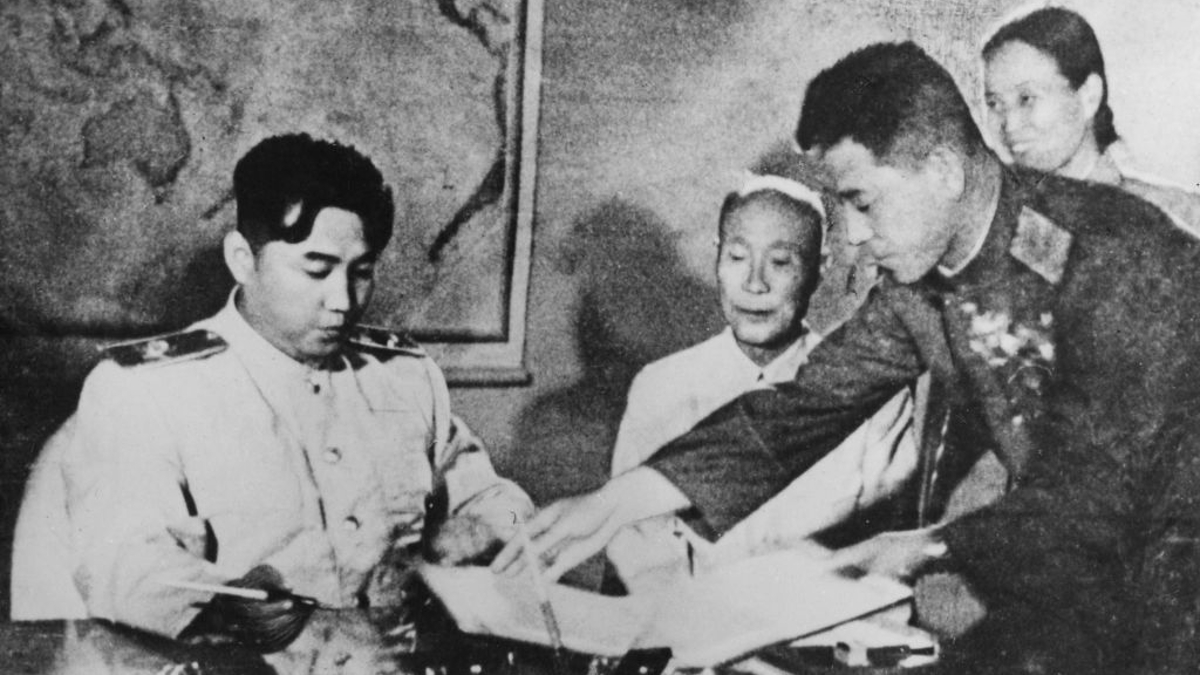
In the current context of global relations, China is a dominant world power. They are also heavily involved in the region around them, partly thanks to their military might, but also because of the money they spend on investment projects in nearby nations. But back in 1950, they were just beginning to find their footing, even with their huge population and the large amount of natural resources in the country that can be found and exploited.
This hadn’t always been true, but Chinese power had definitely waned in the years since the British had arrived. As a result, many nearby countries were aligned with the U.S. and other capitalist states, including what was then known as French Indochina (Vietnam, Laos, and much of Southeast Asia today), and Japan was effectively a U.S. puppet state at that point, too. Plus, despite both being Communist nations, Mao and China weren’t particularly friendly with Stalin and the USSR. So, in many ways, they were very alone.
The intervention in Korea from China was somewhat caused by these circumstances, as well as a desire to avoid the U.S policy of “rollback” (the notion that the Americans should stop the spread of Communism and encourage newly communist states to go back to being capitalist).
A show of strength
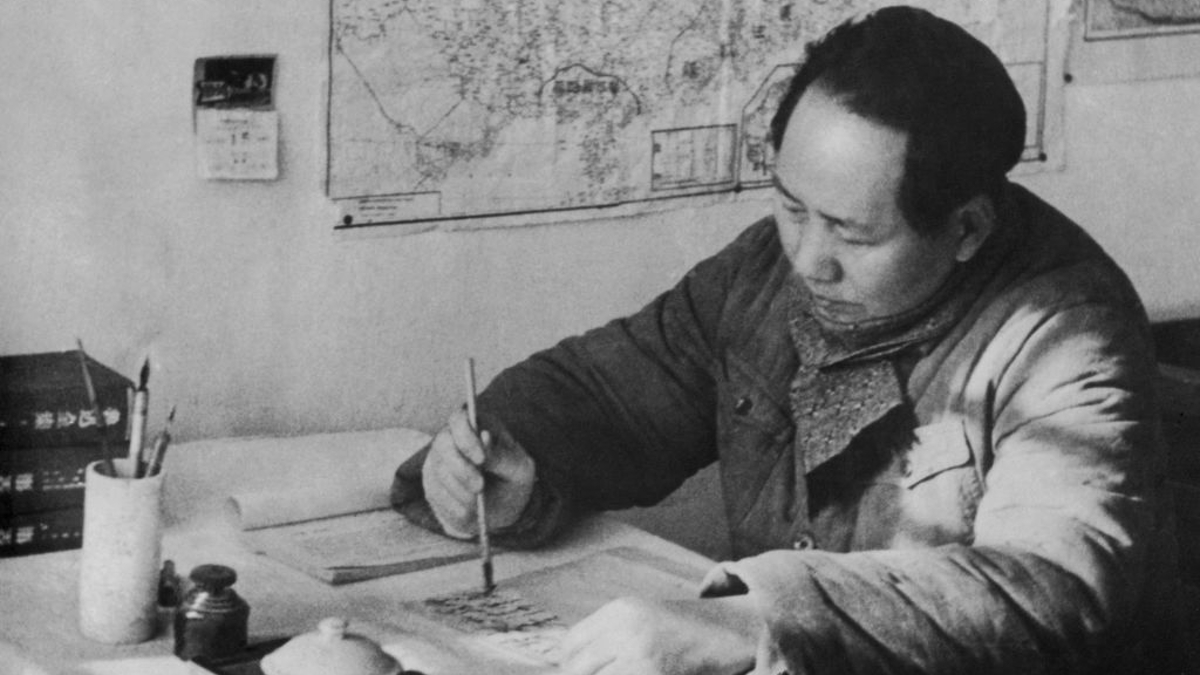
Having just won the Chinese Civil War, Mao and his Communist Party were keen to show that they were the legitimate rulers of China, and couldn’t be messed with. At the time, many global powers considered the ROC (who were operating out of Taiwan) to be the real leaders of China, making it even more vital to Mao that he could prove his country wouldn’t be taken lightly and could defend itself.
Political intrigue with the USSR
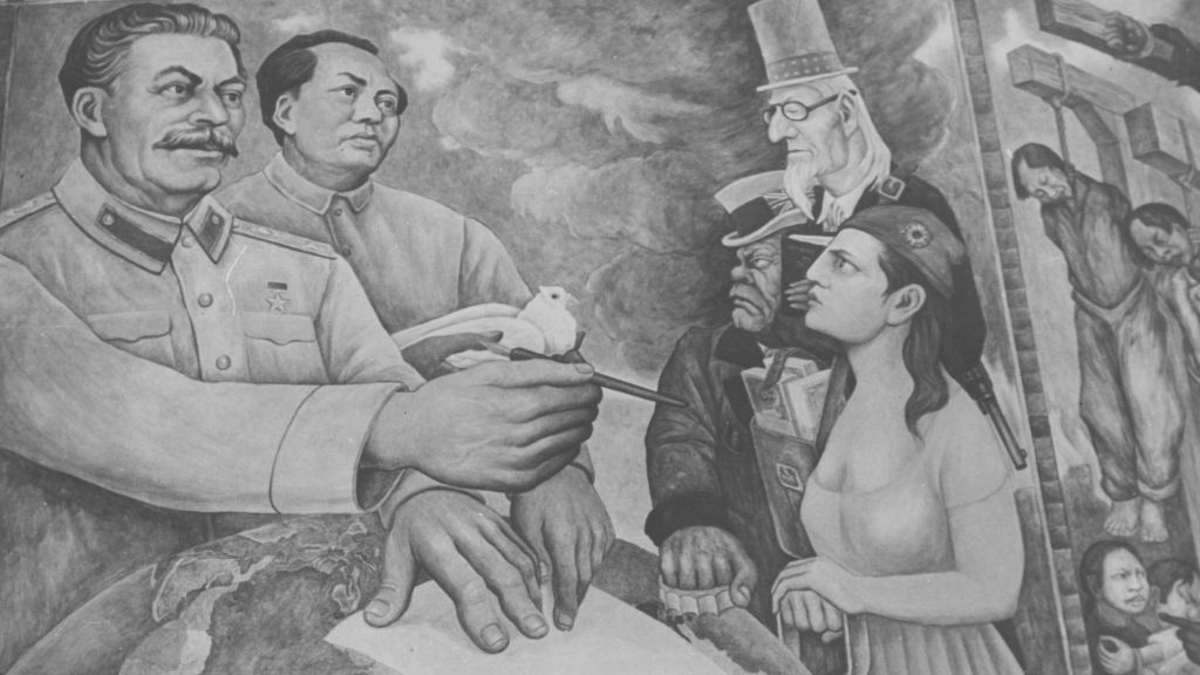
While relations between China and the USSR weren’t as frosty back then as they later became, there wasn’t really that much love lost between the two large Communist countries. However, they both had a shared interest in seeing North Korea remain under the ideology, and possibly even take the South too.
While Stalin was said to have been adamant that his troops wouldn’t engage the Americans directly on land, that left some room for his maneuvering. Mao pushed for as much as possible, recognizing that China was in desperate need of the help. The Chinese politician asked for assistance via supplying weapons and even a volunteer airforce to both go into Korea and protect the largest Chinese cities from air bombings.
Stalin and Moscow remained noncommittal, as they were worried about provoking America into a real war with China. Although in public Mao claimed he’d made no decision, secretly he had already decided to send his troops into the Korean peninsula. This pretend lack of action forced Stalin’s hand, ending with him sending a telegram to Mao that urged the Chinese leader to enter the war, regardless of consequences. Mao later did this, but ended up unsatisfied with the paltry help that Stalin ended up offering. So, despite both sides being hesitant about the war for themselves, China ended up fighting hard.
Communist ideology
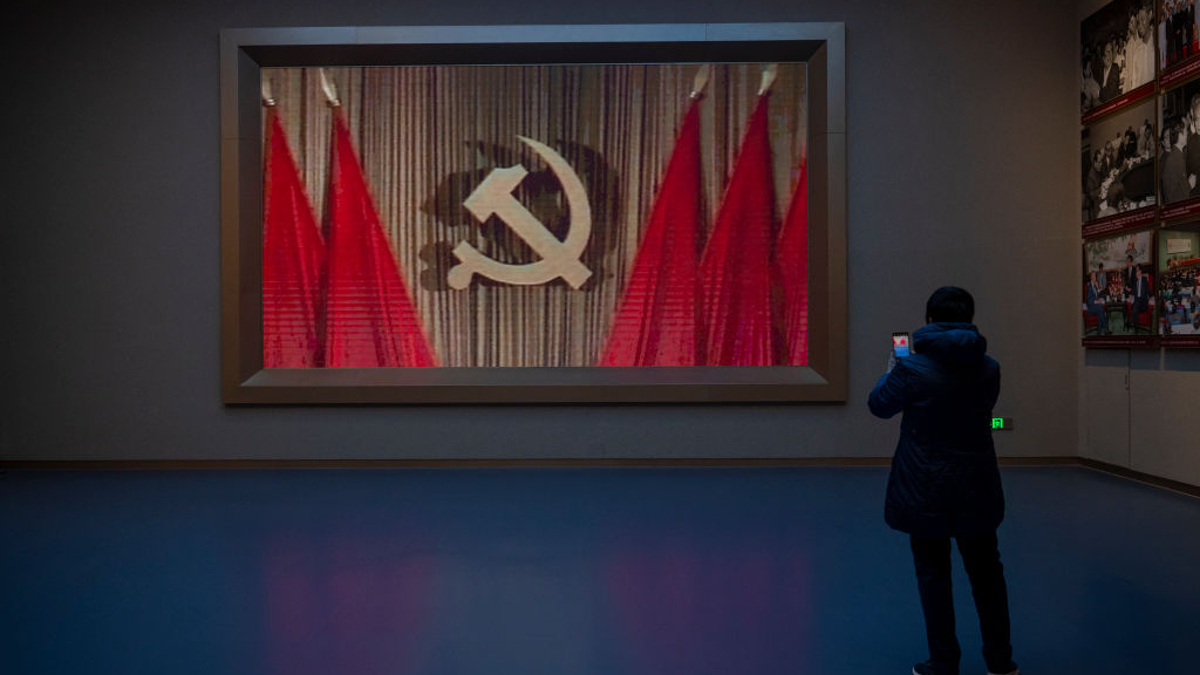
While it’s tempting to believe that China jumped into the Korean War thanks to some deep seated need to save Communism as an ideology, that notion gives far too much power to the idea of Communism as a whole. While China undoubtedly wanted a nation with similar politics on its doorstep, the most pressing reasons for entering the war were for its own safety, not some high-minded ideological stance.
Of course, Communism as it was practiced by the USSR and China was expansionist in its nature, but there is no chance that Mao would have sent his already battered and tired troops to yet another frontline just for the sake of an idea. It might have been the fuel for some of the decisions made, and on the frontline there were likely soldiers who were fighting for their ideological comrades, but all in all, the above reasons are more realistic when you’re trying to answer why China joined the Korean War.

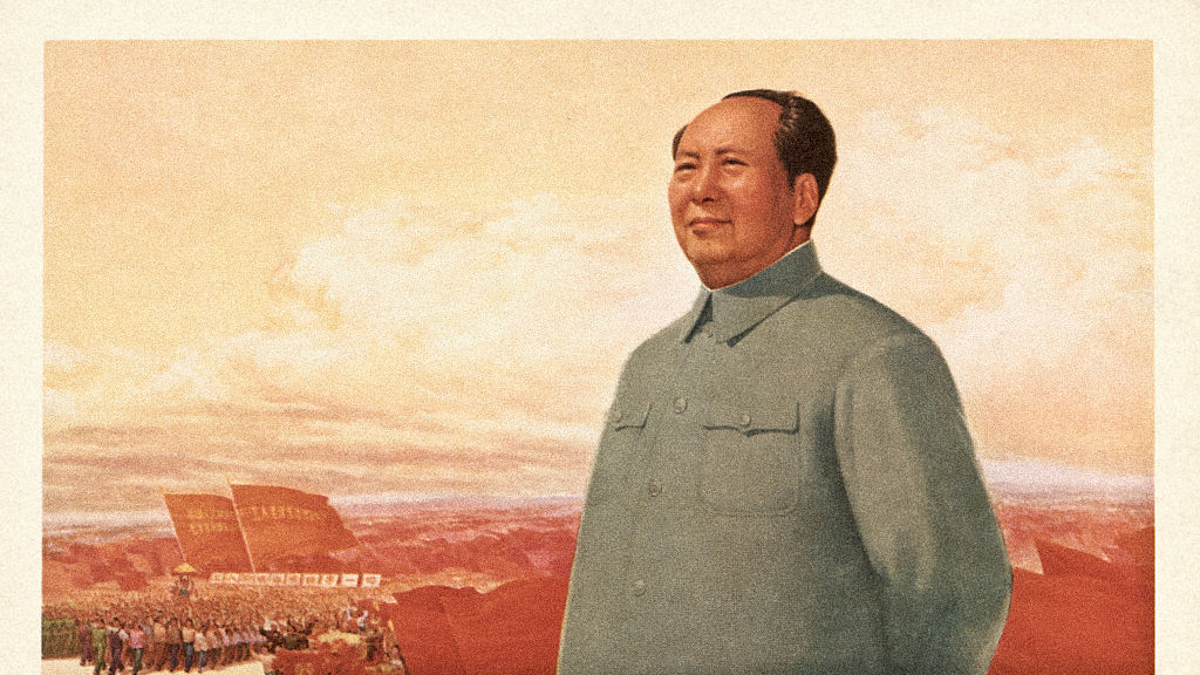


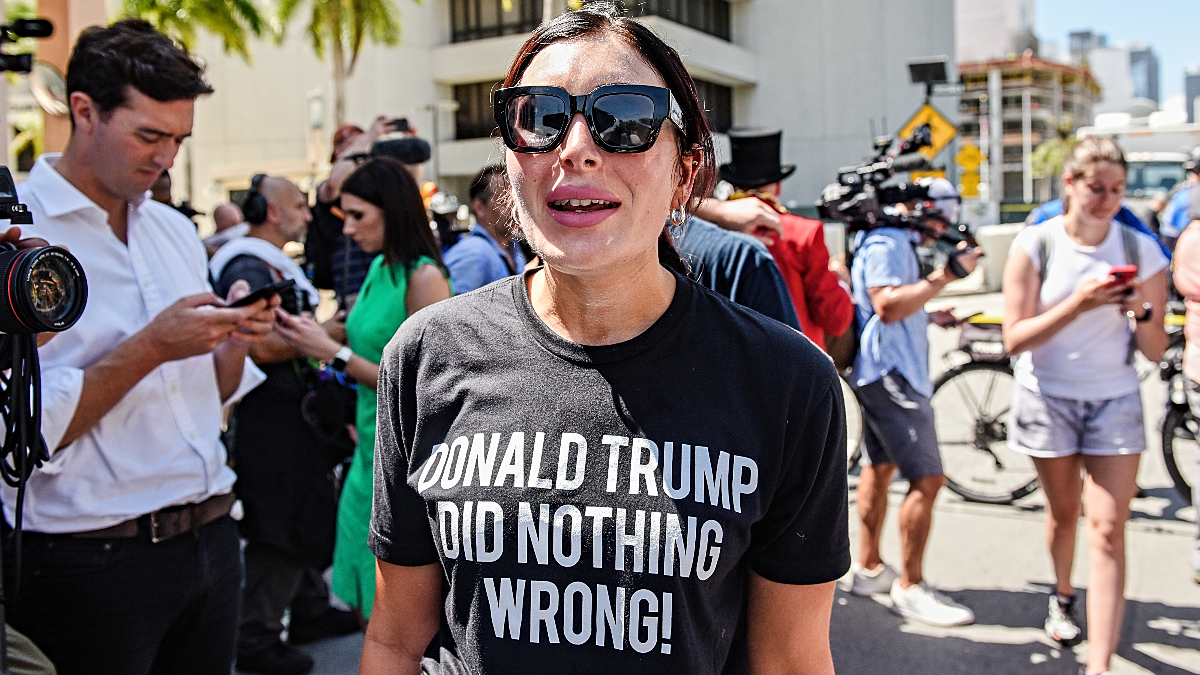

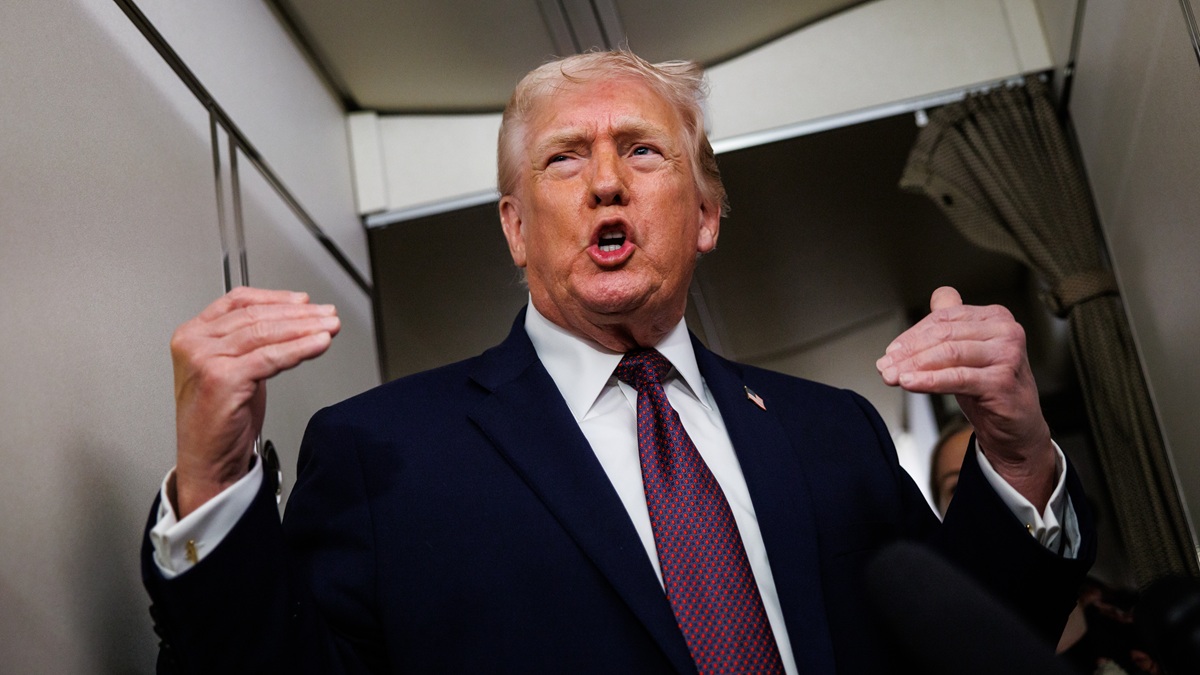
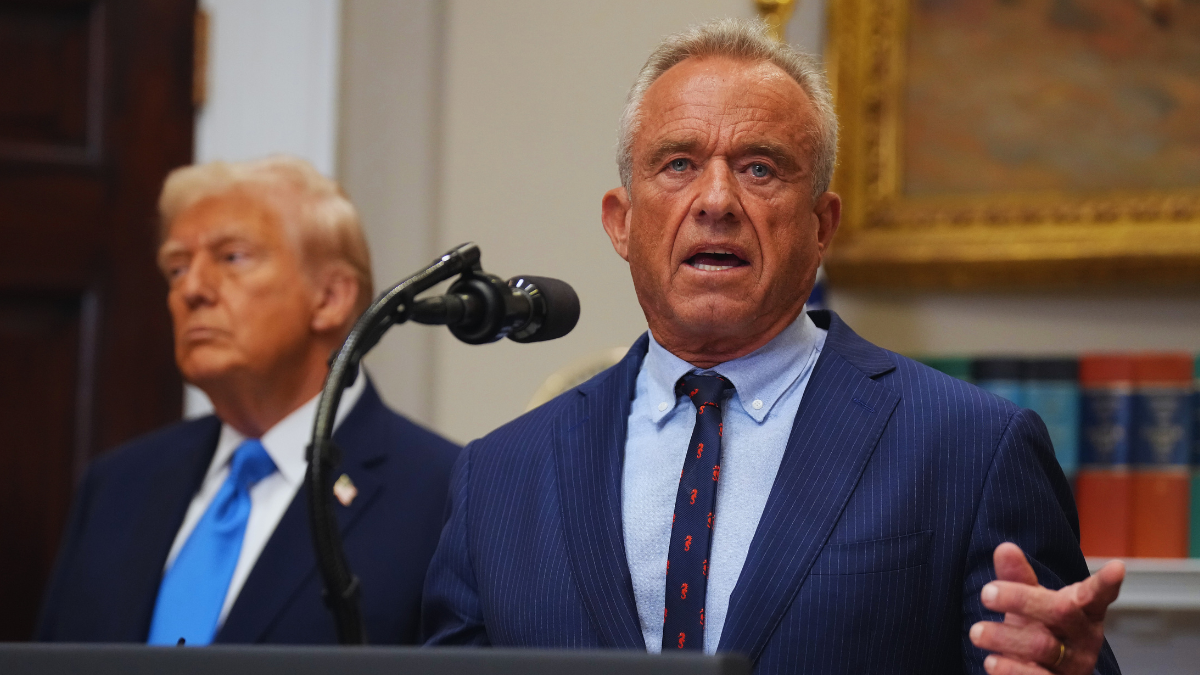
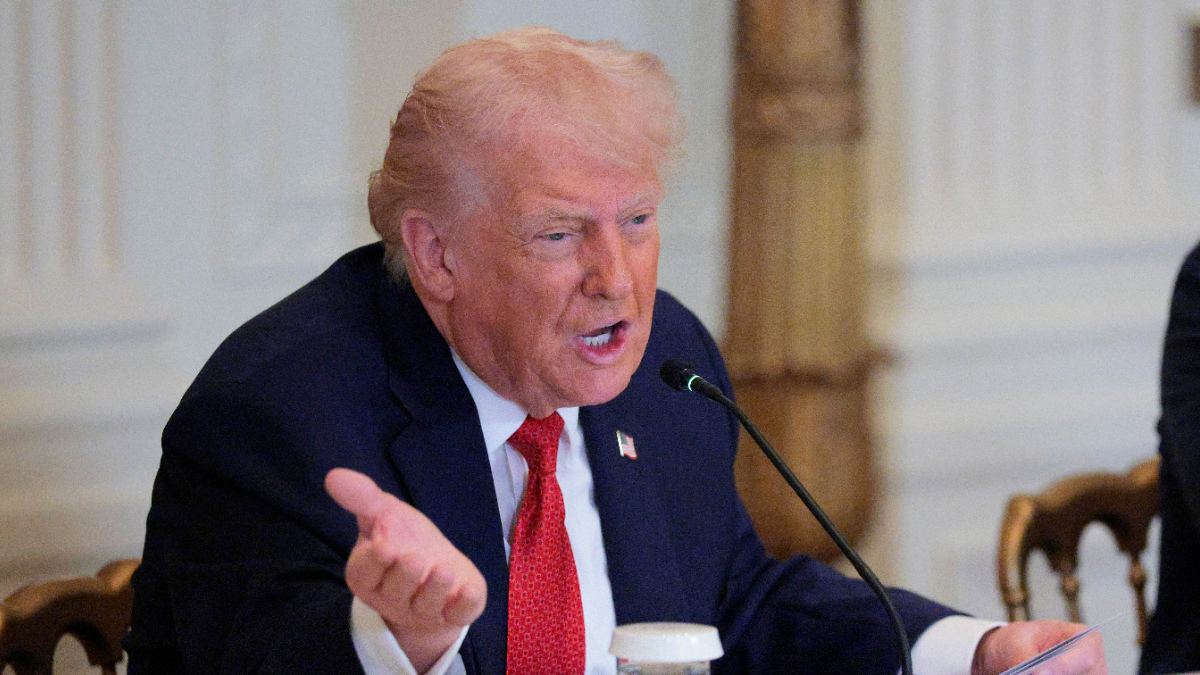

Published: Apr 22, 2024 03:12 pm